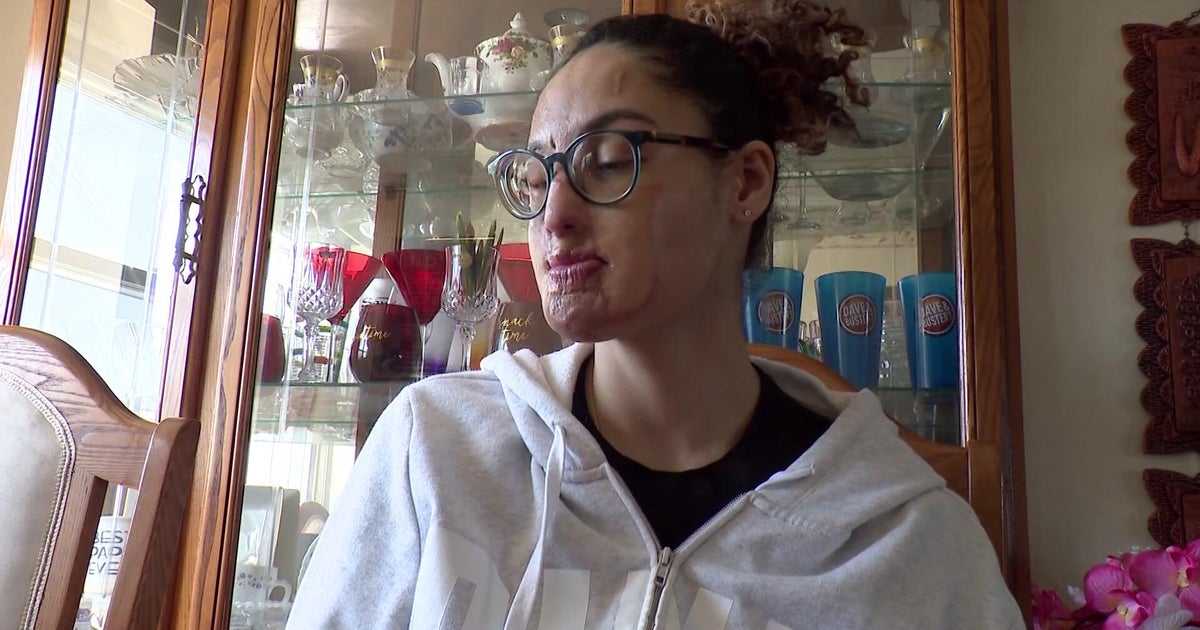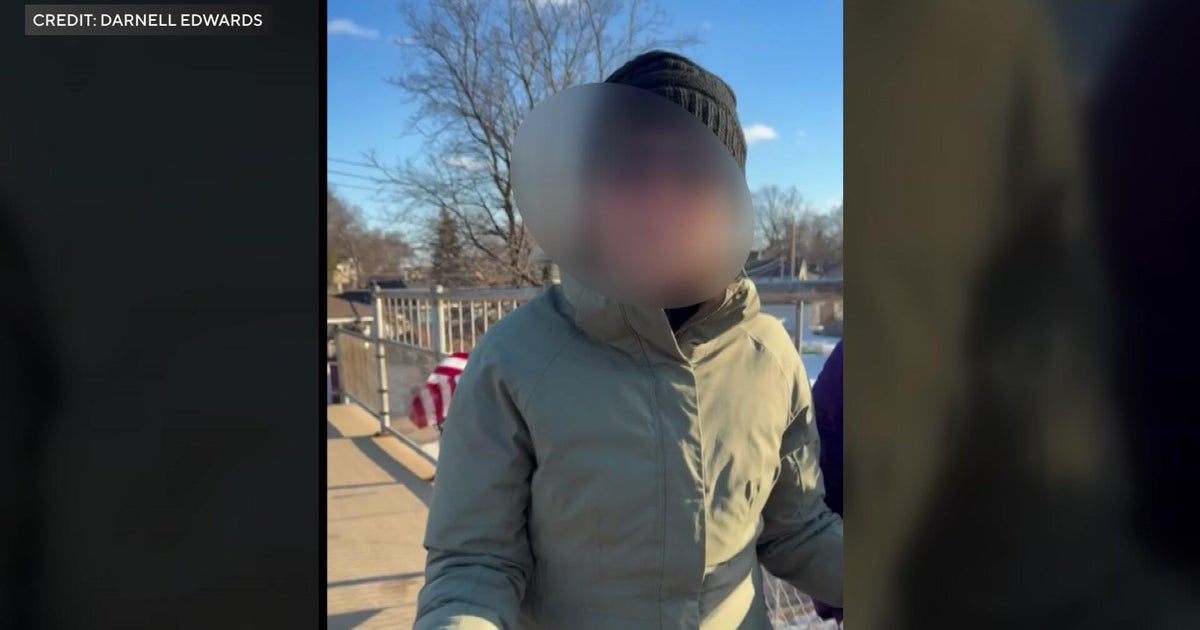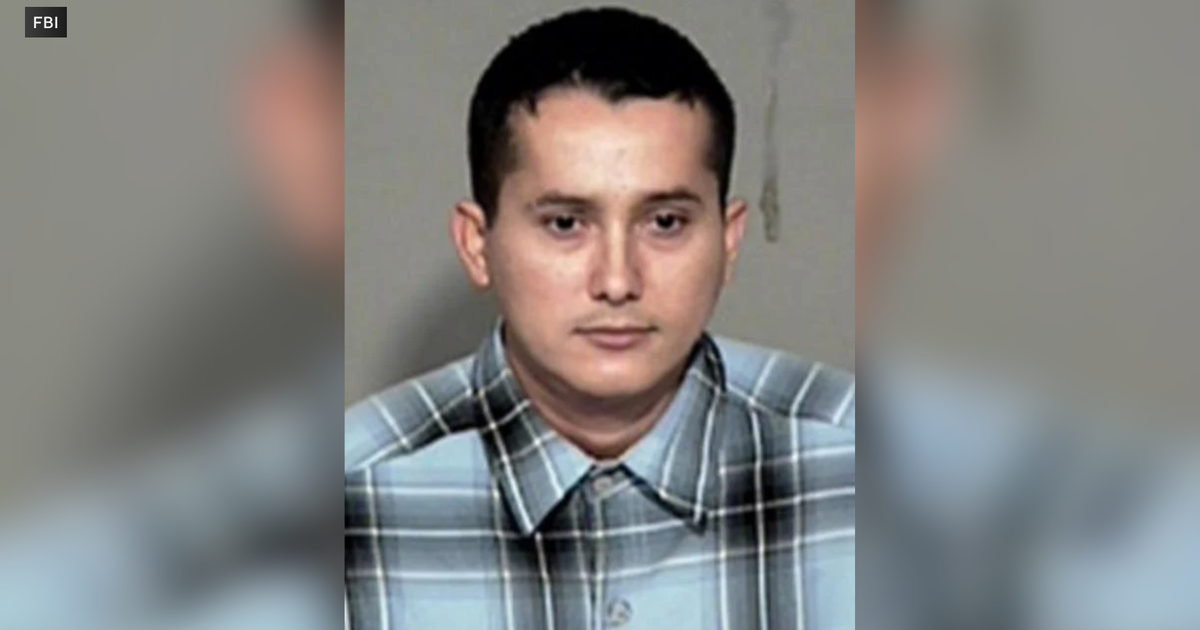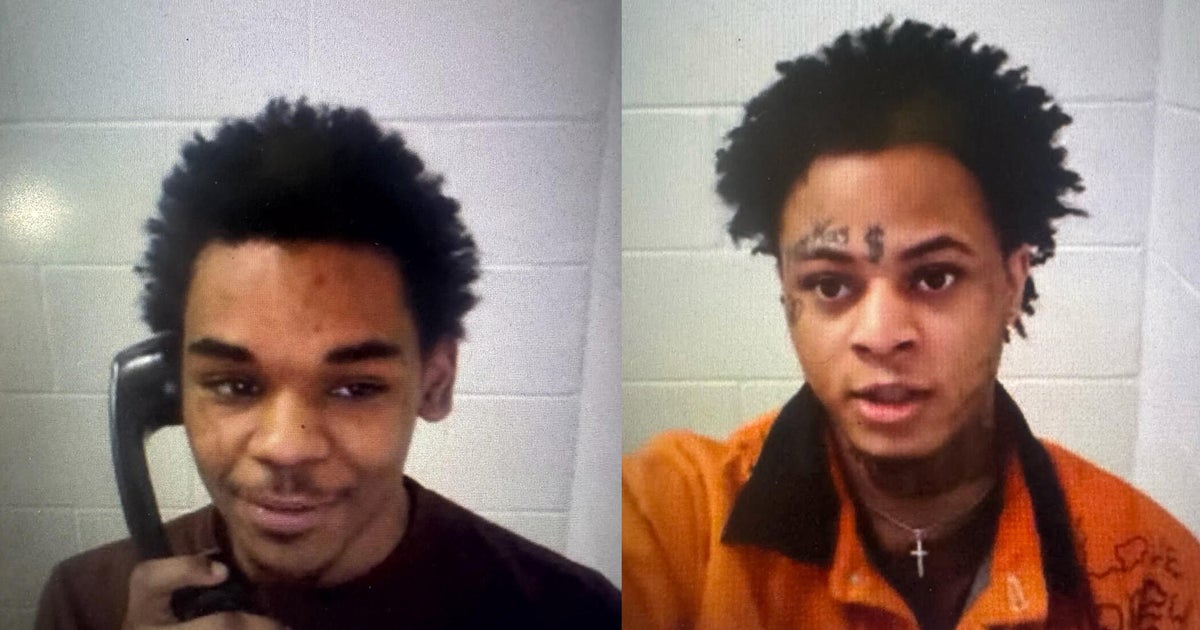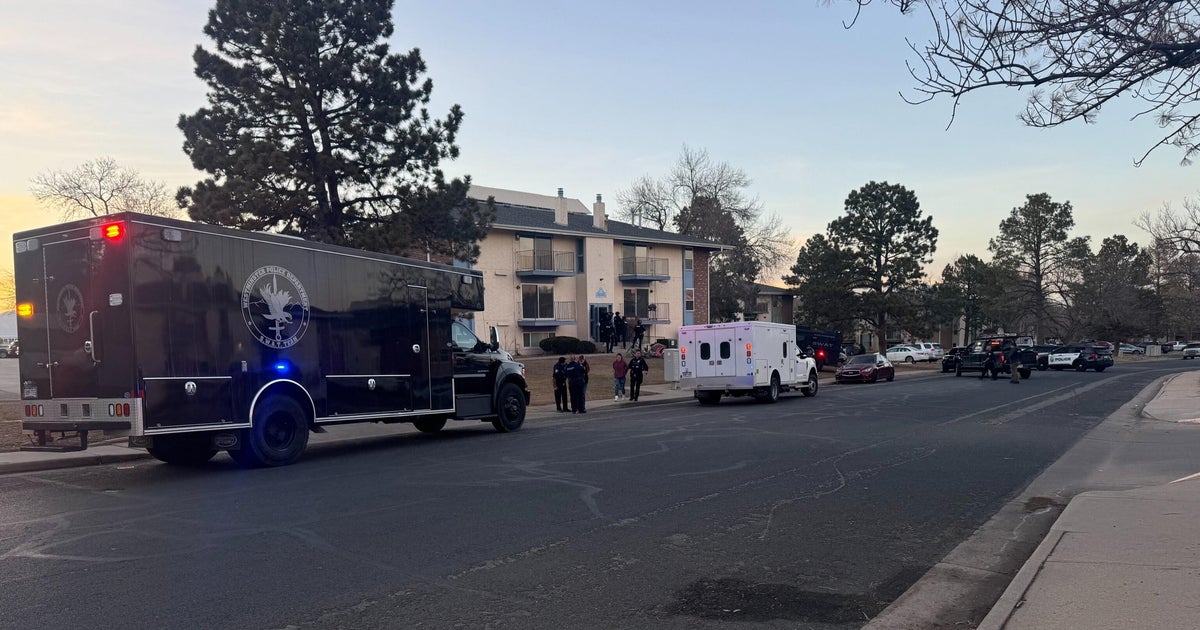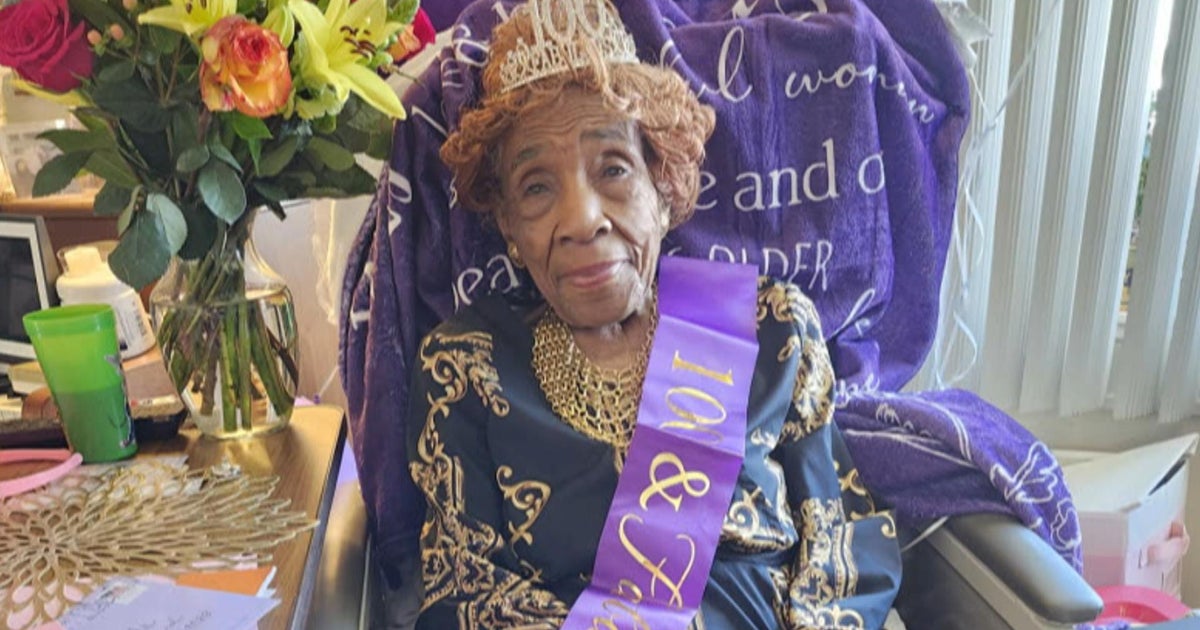'It Was Horrific:' Long Island Woman Tracks Down Cyberbully
NEW YORK (CBSNewYork) – A Long Island woman was able to catch a stranger who was harassing her online for three years.
Now, that stranger is serving jail time.
CBS2's Carolyn Gusoff spoke with Lisa-Michelle Kucharz about how to catch a cyberbully.
"It was horrific. It started out with nasty insults," she said, recalling the vile attacks that started on social media.
Someone was impersonating her, writing crude and hurtful posts. It was an around-the-clock barrage from four dozen accounts set up to mock and taunt her.
"She not only published my address but she told people to go there. She said I was a prostitute," Kucharz said.
Eventually, there was physical stalking and threatening voice messages, including one that said, "Listen, you fat (expletive) ugly pig, don't think I don't know that you're sleeping with my boyfriend."
"This broke me. I was devastated," she said. "She not only threatened to contact my employers, my friends and family, she actually did."
Kucharz went to the police, who could do little when the discovered the cyberbully lived outside Nassau County.
"I had to make a choice and I chose not to let her get away with this," she said.
She hired a private cyber investigator, who identified Dion Tyson – a stranger from Ontario involved with a man Kucharz had briefly dated. Tyson was recently sentenced to six months. She was also banned from using the internet for two years.
It may be one the first jail sentences for online harassment in what is arguably an epidemic, Gusoff reported.
According to a Pew Survey, 40 percent of Americans have experienced online offensive name calling, purposeful embarrassment or physical threats.
"It seems to have gotten rather ugly," one woman said.
"People calling other people fat, or telling them they're a loser, or get a life – for no reason," another added.
Investigator Bruce Anderson says victims do have options, thanks to cyber tools and court orders of social media companies.
"Everybody can be found out," he said. "The question is: How much effort has to go into unearthing that?"
Kucharz spent $35,000 -- money she says was well spent.
"If you harm someone online… at the end of the day, they will be caught," she said.
She is now working with lawmakers to strengthen laws and empower people to know they might not be able to stop online hate, but they can identify and possibly prosecute the person responsible.
Kucharz advises victims keep screenshots of every offense with impeccable records. For more tips and resources, click here.
